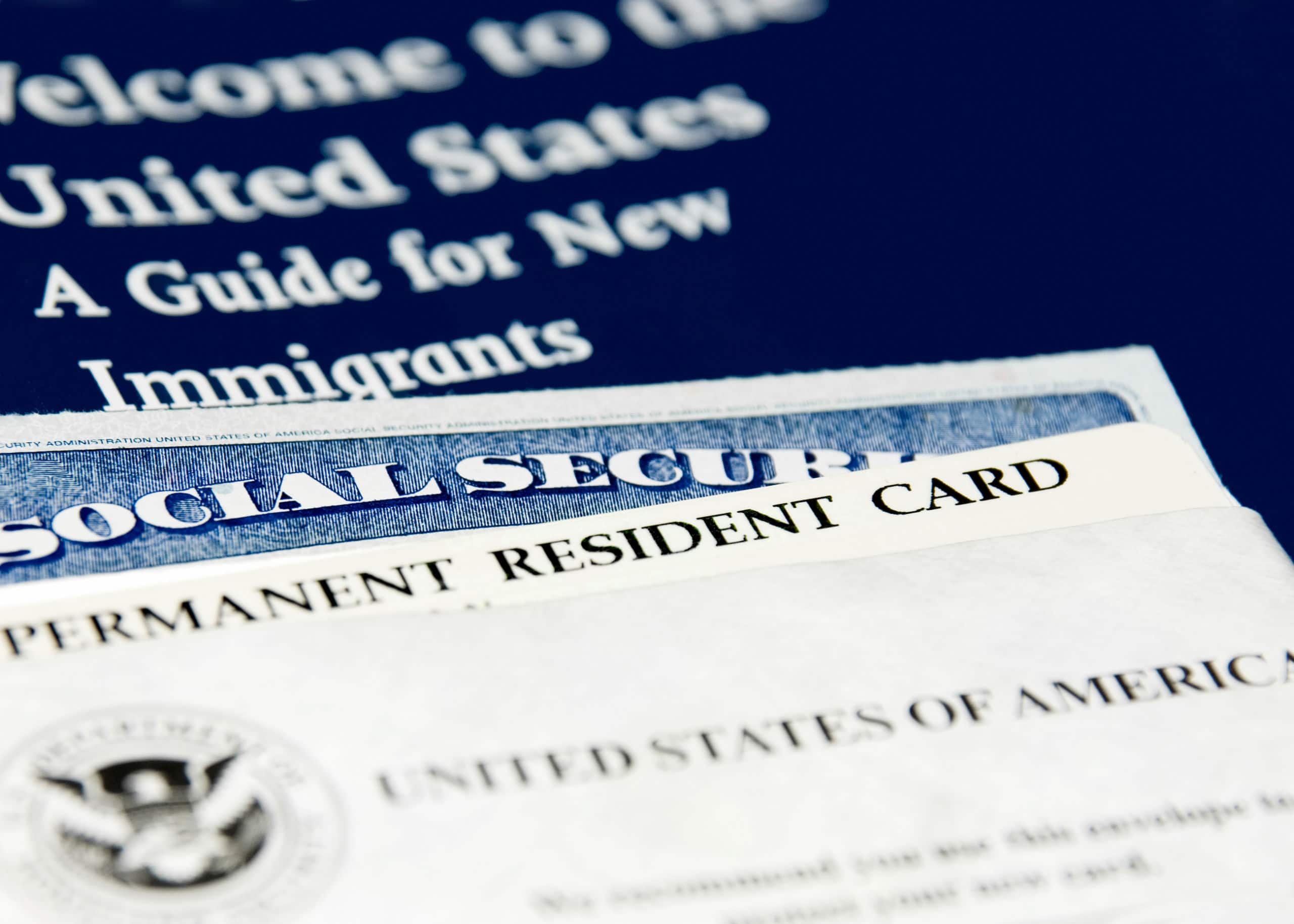By: Richard Hanus, Esq.
Published October 12, 2022
The COVID pandemic continues to be one giant curveball for societies across the globe. The way we interact with one another, whether socially or for business, may never be the same. The pandemic has also led to significant changes in our legal systems and processes, including here in the U.S. and the way our immigration system functions. Extensive delays define the way many aspects of our system operates, a state of affairs rooted in both pandemic related factors as well as the previous administration’s overall neglect of our legal immigration infrastructure. To this day, many aspects of our immigration system are still in recovery mode, with laws and policies looking to catch up to basic COVID realities.
One example is how our legal immigration system deals with Lawful Permanent Residents (aka “Green Card” holders) forced to spend extended periods outside the U.S. due to COVID related circumstances.
A. Naturalization Eligibility
A Green Card holder’s eligibility to apply for naturalization (by filing Form N-400) and become a U.S. citizen depends on a number of factors. Aside from demonstrating basic knowledge of the English language and U.S. civics, and fulfilling other requirements, an applicant must contend with the following continuous residence and physical presence rules and guidelines:
- reside in the U.S. on their Green Card for a period of at least 5 years. The residency requirement is only 3 years if the applicant has been married to and living with their US citizen spouse for that 3 year period.
- reside in the U.S. for more than half of the qualifying period, i.e. at least 30 months or at least 18 months
- a single trip outside the U.S. of 12 months or more during the qualifying period leads to ineligibility,
- for any single trip of more than 6 months – but less than 12 months – during the qualifying period, the applicant must prove extenuating circumstances, and that “continuity of residence” was not disrupted by the extended trip.
It’s the final requirement that presents the curveball for someone who might’ve been stuck outside the U.S. due to COVID –whether due to a foreign country lockdown, or their own (or family member’s) health condition – and who would otherwise be eligible to naturalize. Immigration officers reviewing N-400 applications have broad power in arriving at decisions, and hopefully, impacted applicants who faced COVID related circumstances in remaining abroad for more than 6 months (but less than 12 months) will be given the benefit of the doubt and be approved. The presentation of supporting documentation such as medical records and country condition reports will undoubtedly tip the scales in the applicant’s favor . Rejected applicants can file an appeal or simply refile their N-400 at a later date, when their extended departure from the U.S. falls outside their qualifying period of residence.
B. Green Card Holder Reentry into the U.S. after a COVID Delayed Return
Putting aside the requirements a Green Card holder faces in order to naturalize, there are limits on how long a Green Card holder is permitted to leave the U.S. on any single trip. In general, a Green Card holder is allowed to depart the U.S. for up to one year without any type of special paperwork or government permission. For those seeking to leave for 1 year or more, but less than 2 years, a Reentry Permit must be applied for prior to departing.
But what happens if a Green Card holder is stuck outside the U.S. for a year or more, and no reentry permit was obtained ahead of time?
2 options:
1) visit a U.S. consular post overseas and apply for a Returning Resident visa, allowing reentry in Green Card status, but where you must document how your trip abroad unexpectedly became extended and circumstances beyond your control (e.g. health issues, country lockdown, etc) prevented a sooner return. However, given the lengthy delays prospective applicants face for a visa appointment and application review, many Green Card holders choose Option 2.
2) Get on a plane and use an unexpired Green Card or other proof of lawful permanent resident status to seek reentry, being prepared at the time of inspection at port of entry, to present an explanation, with supporting documentation, detailing circumstances beyond your control (e.g. COVID related, etc) that led to the unavoidable extended stay abroad. Whether the Green Card holder’s explanation will be accepted by the inspecting immigration officer is no certainty, and of course, the Green Card holder may find themselves turned around and sent back overseas on a plane.
Hopefully, as more Green Card holders find themselves facing either of the above scenarios, U.S. government policy will catch up and innocent, well intended immigrants and their families are not further adversely impacted by the COVID pandemic
PUBLISHED October 12, 2022– “IMMIGRATION LAW FORUM” Copyright © 2022, By Law Offices of Richard Hanus, Chicago, Illinois

